Web3 & Music: How Artists Can Make It by Connecting With Fans

Making it as an artist has always involved mastering the fine art of making ends meet as one. Pierre-Auguste Renoir, one of the leading French Impressionists, started by painting plates at a porcelain factory. Jackson Pollock was mopping museum floors when he received Peggy Guggenheim’s commission for “Mural.” Before Pharrell Williams was famous enough to produce “I’m Lovin’ It” for McDonald’s, he flipped burgers for a living.
Uber drivers, dog walkers, freelancers -- up-and-coming musicians often have to juggle a number of side gigs while they hone their skills. Being part of the precariat is the price they pay for flexibility, but “jobby jobs” also steal precious time the artists could use to pursue their calling.
“So much about becoming an artist is challenging, but that’s also what makes it rewarding,” said Rosalie, a pioneering Web3 artist who is exploring a downtempo music genre of her own that she calls deep pop. “How do you operate in a capitalistic society is one of them. Figuring that out is often what makes or breaks new artists.”
Technology has offered a number of new opportunities for modern musicians to monetize their work outside of live performances. Streaming, YouTube and TikTok, selling merch online, and licensing music for use in film, television and games are but a few. But most of these fall short of creating a lasting, two-way connection with people who matter most to an artist -- fans.
Artists and Fans Aligned
One of the most exciting things about the meeting of music and Web3 is the way blockchain technology can align making a living and building a career for budding musicians by helping them create and own a connection with their audiences. The Polygon protocols offer a broad spectrum of tools artists can use to bootstrap and grow their careers with the help of their fans.
Read more: Web3 & Music: Art in the Era of AI-Generated Content
Royal lets anyone invest in music and take an active role in artists’ success. When you buy a piece of a song or album, you not only own a percentage of the streaming royalty rights, but can also unlock access to benefits like concert tickets, merchandise, and more. Shared ownership aligns the incentives of artists and fans – as fans stream music and spread the word about an artist, they take part in the financial upside that artist enjoys. Diplo, Nas, and The Chainsmokers are some of the first artists to join the revolution with Royal.
Medallion helps artists create a highly engaged fan network they actually own, sell meaningful digital products that generate new high margin revenue, and reward valuable fans in scalable ways. Through branded community pages, artists can signal their identity, and engage with and sell digital products to their fans. The project has already onboarded Tycho, Jungle, Sigur Ros, Santigold, Palaye Royale, and Illenium.
Serenade deepens the relationship between artist and fan by connecting collectors of “digital pressings” directly with artists. Digital pressings are the modern day version of limited edition vinyl–usually collected by an artists’ top fans–but Serenade’s digital pressings accompany more than just music. Artists who release music on Serenade can include bonus content, unlockable rewards, and exclusive perks like voice memos that only the collectors can access.
Your Community, Your Rules
There are also a number of tools outside the Polygon ecosystem that act as a bridge between Web2 and Web3. Guild.xyz empowers artists to build their own communities to spec. The creators get to choose the gating criteria -- NFTs, POAPs, Twitter followers, Snapshot voters, Lens profile holders, and more.
For artists building their own websites, Bonfire and Tellie are drag-and-drop tools that let you embed Web3 content, showcase NFTs and token-gate parts of the site. Laylo, a text and email communication platform, introduced a Web3 wallet integration that lets artists build an allowlist for drops, token-gate drops, and text or email with NFT holders.
“There is a paradigm in modern music where artists are put on a pedestal, I really like the idea of the artist and listener being on the same plane,” Rosalie said. “I can know my collectors in Web3 in a way I cannot on other platforms.”
A Rose Garden of Your Own
Rosalie connects with her audience in her very own NFT-gated chat on Telegram, powered by Guild.xyz. The Rose Garden is where listeners can preview early access to songs, share behind-the-scenes documents like music video treatments and just vibe.
She came to Web3 in late 2021 attracted to a vibe that she describes as “celebratory of unique experiments, very collaborative and treating music as fine art.” Since then, Rosalie has been part of collaborative and solo projects that have collectively grossed more than 443 ETH.
Rosalie is a member of cornerclub, a Web3 exclusive group whose debut release “Dance Music for Introverts Vol. 1” reached #2 on Sound.xyz charts. Last December, she released an NFT for "Half Life," the first Dolby Atmos NFT on Sound.xyz. The single is going live on streaming services on July 11 and anyone can use Showtime to pre-save the track on Spotify or Apple Music and receive an NFT artifact.
What fans get from these arrangements is a subject for another post, but Web3 musician Black Dave points out least two good reasons:
Explore the extraordinary world of Web 3 music on the Polygon network, through events, demos and on-chain achievement tokens. Tune into the Polygon Labs Blog and our social channels to stay up to date on the latest from the Polygon ecosystem.
Together, we can build an equitable future for all through the mass adoption of Web3!
Website | Twitter | Developer Twitter | Telegram | Reddit | Discord | Instagram | Facebook | LinkedIn



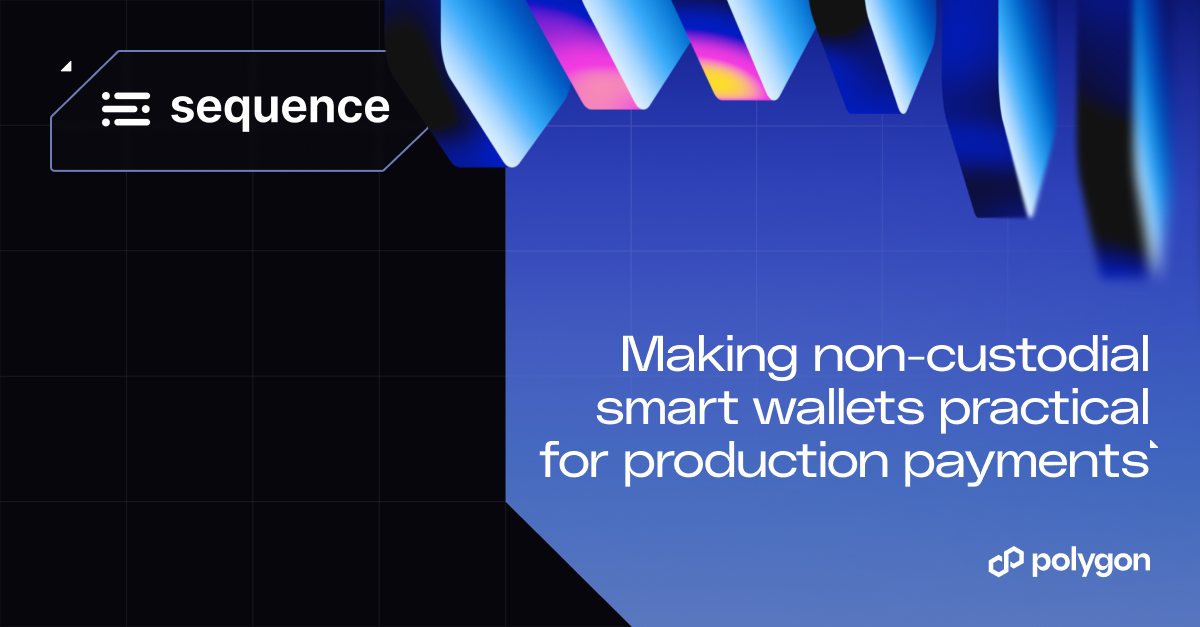


.jpg)
.jpg)
.png)

.png)

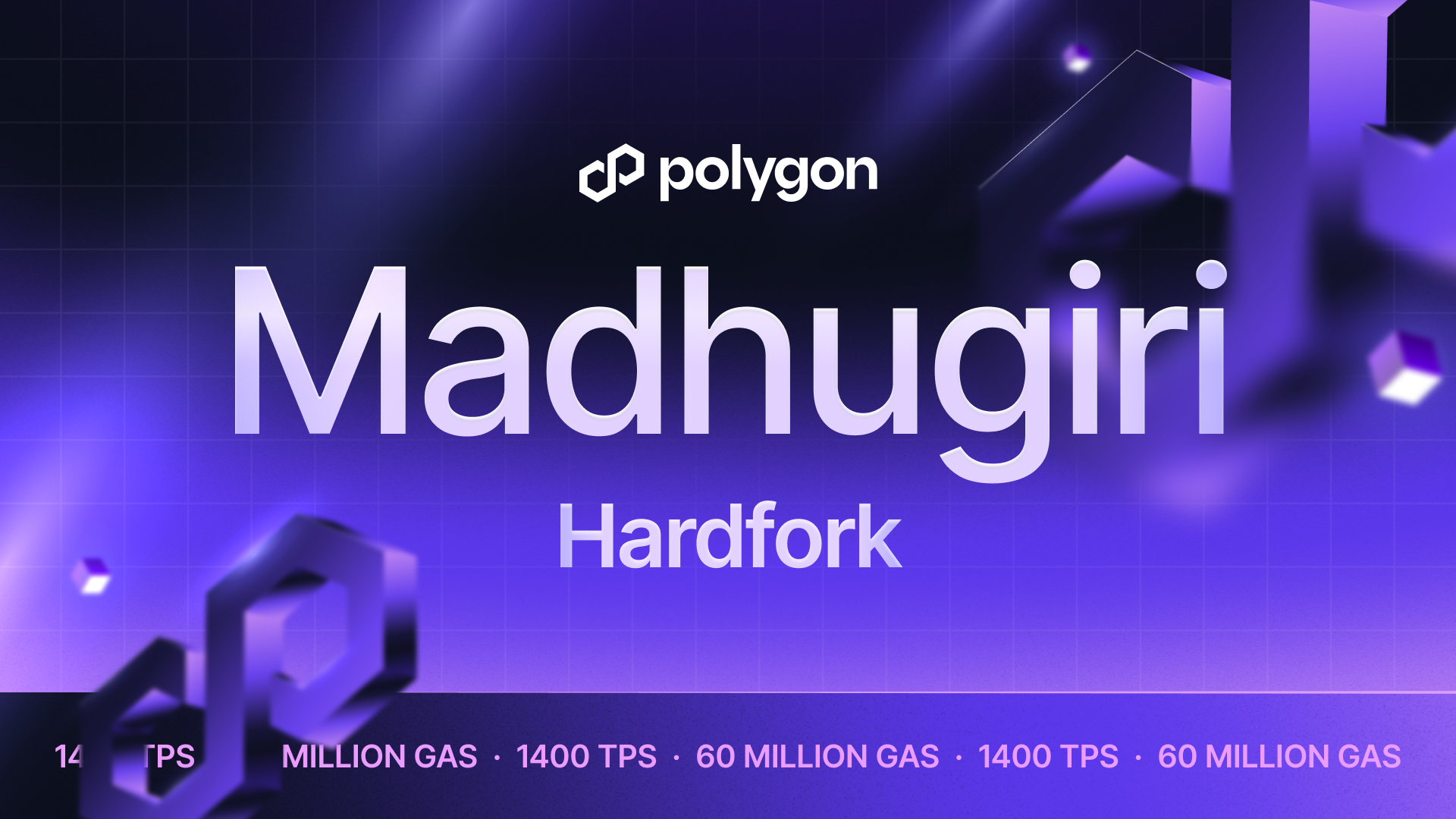
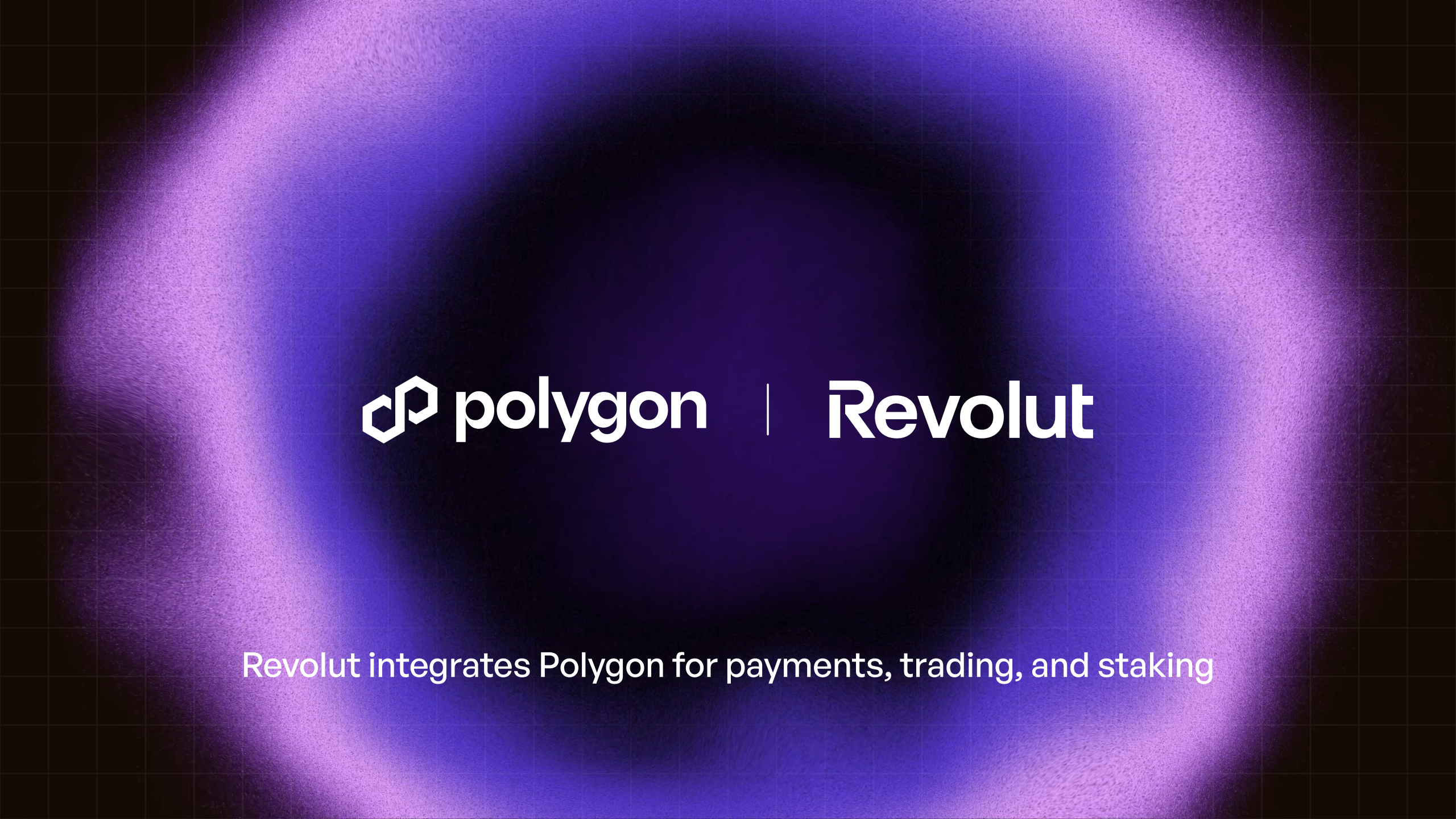
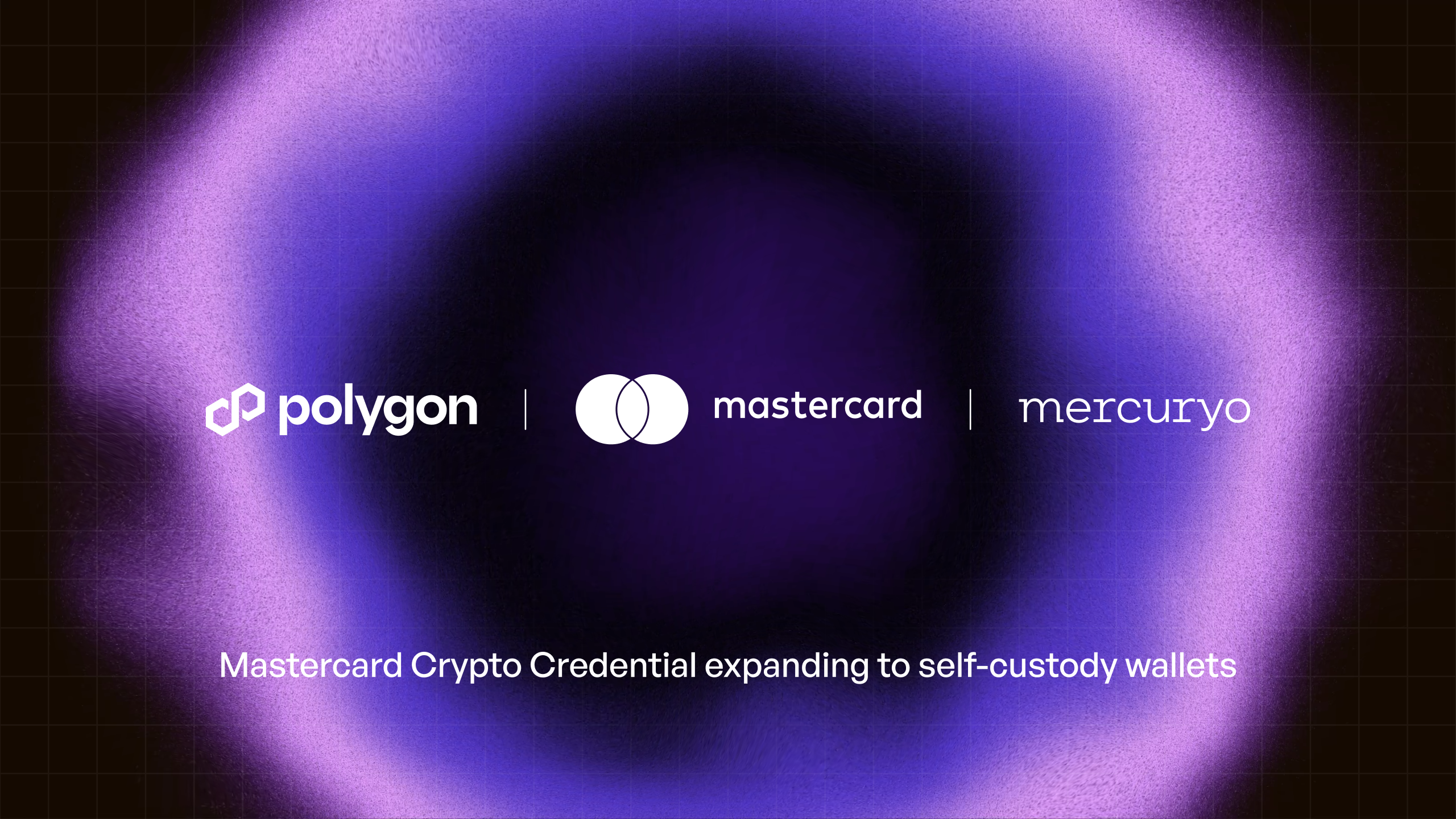

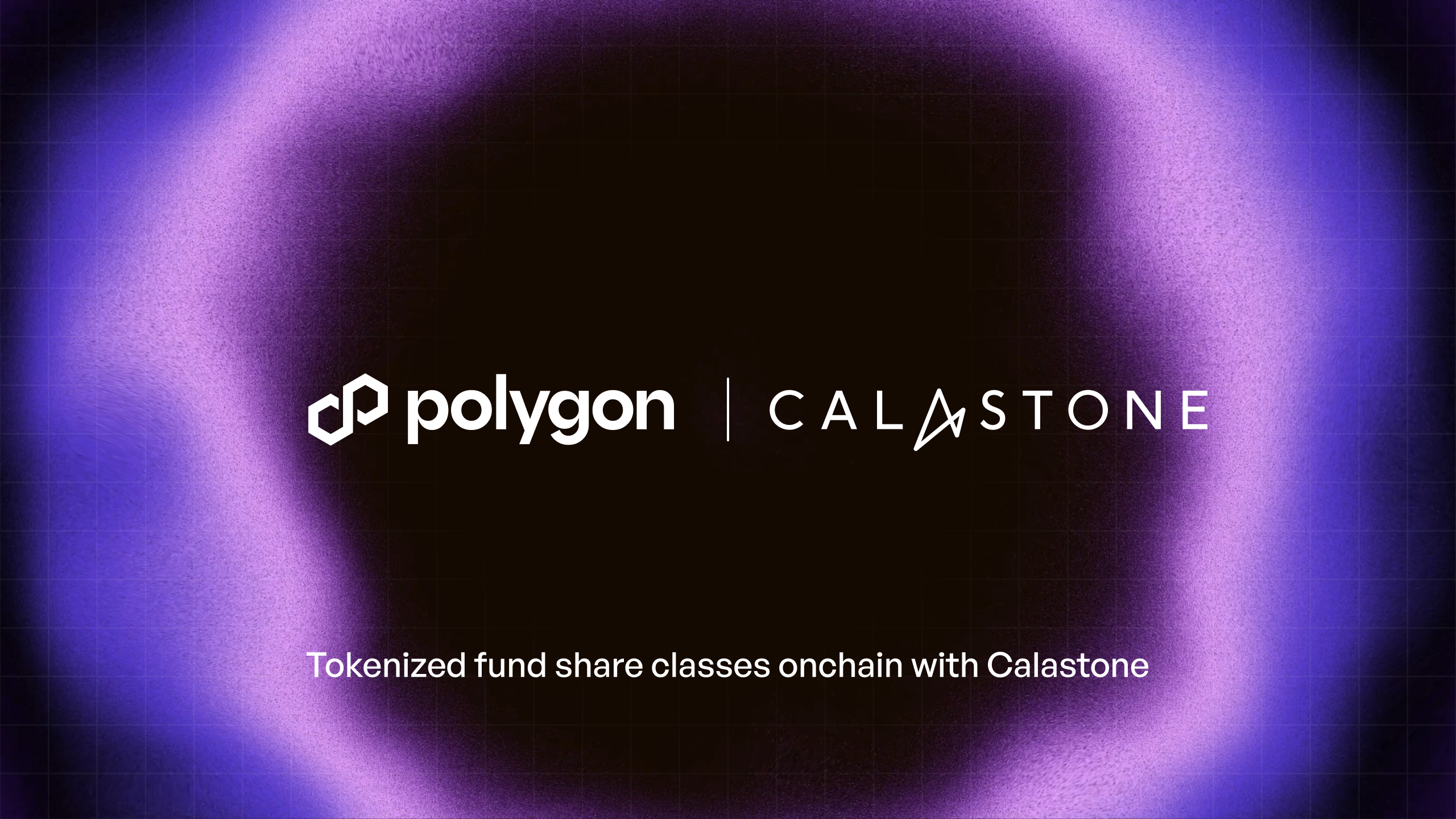
%20(1).png)